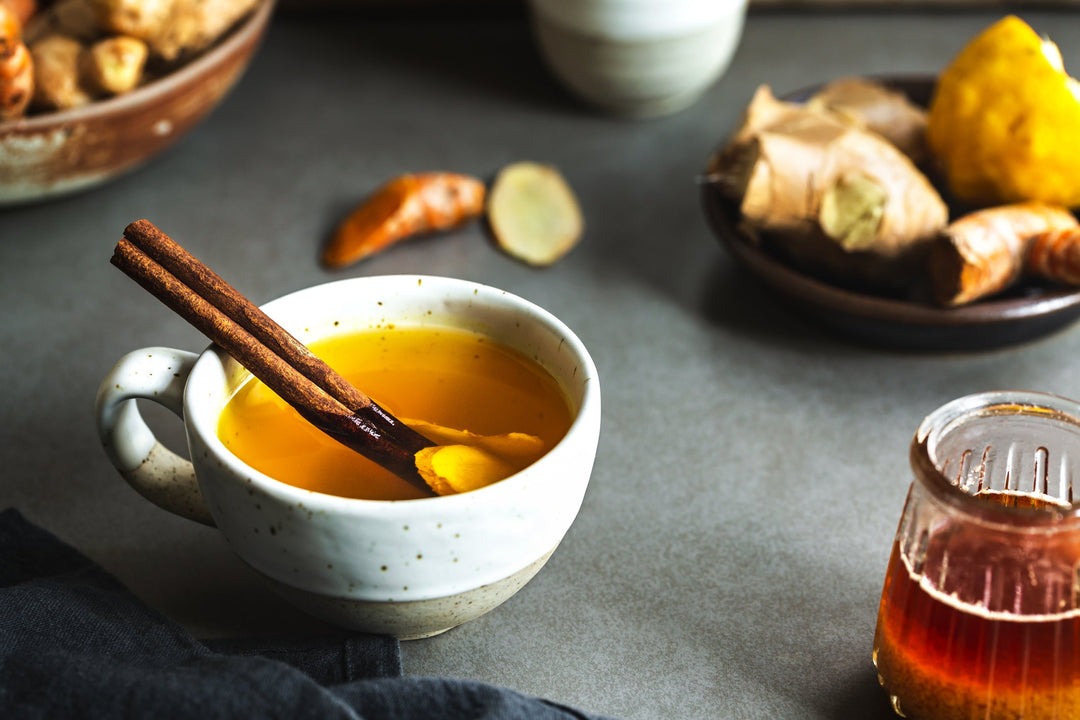We all do it, but do we understand why? We know that when we do not get a good night's sleep, we wake up feeling sluggish and grumpy the next day. After a full night's rest, we tend to wake up with more energy and feel ready to take on the day. Thanks to scientific studies of humans and animals, we understand the benefits of sleep better than ever before. Sleep plays a critical role in vital functions from your immune system and metabolism to memory and learning. Between balancing work, social engagements, children, school, cleaning, and more, most of us aren't getting the seven hours of sleep that adults need every night. Over time, this shortage of shut-eye can have a negative impact on your health. Several studies have shown insufficient sleep can lead to weight gain, increased odds of heart disease, and decreased immune function. Here are a few ways to fall asleep quicker, as well as sleep better and longer:
Avoid caffeine after noon
If you’re regularly having trouble falling asleep, caffeine may very well be the culprit. Caffeine is a stimulant found in coffee, chocolate, some types of tea, soda, and even some over-the-counter medications. While it’s perfectly safe to enjoy caffeine in moderation, you may be throwing off your body’s natural rhythm by sipping that extra coffee in the afternoon, preventing you from getting a good night's sleep. If you still need a boost of energy to get you past that 3:00 p.m. slump, there are a few alternatives to coffee you could try. For a natural energy boost, try doing 10 minutes of light exercise or stretching, brew yourself some ginseng tea, or fix a healthy, protein-rich snack like hard-boiled eggs, fruits, or veggies.
Drink a cup of tea
Sipping a warm cup of tea is an inherently calming activity. Many “bedtime” or “sleepytime” herbal teas contain the same ingredients you’d see in a sleep supplement, namely valerian root and chamomile. An antioxidant called apigenin is found in chamomile, which studies show may help initiate sleep. Other ingredients to look for include lavender and lemon balm. Lavender teas are soothing and aromatic, which can be particularly beneficial if anxiety is keeping you up at night. Whichever tea blend you choose, just make sure it’s caffeine-free!
Turn off your devices an hour before bedtime
The artificial blue light emitted by most electronic devices can suppress your body’s release of the sleep-inducing hormone melatonin. That means that watching TV, working on your laptop, scrolling through Facebook on your smartphone, or even using a tablet to read before bed can be making it much harder for you to fall asleep. To ensure you get a good night's sleep, it’s best to disconnect at least an hour before bedtime. We’ve suggested a few alternative nightly rituals throughout this post that will help you fall asleep and stay asleep!
Read a book
Reading is a great method for self-care overall, as you can choose titles which interest you or teach you something new! Reading is also an excellent way to wind down from your busy day and prepare your body for sleep. Actual printed books read by lamplight are best, as harsh overhead lighting can give your body mixed signals about whether its time to sleep. If you prefer to keep books on an e-reader, look for devices that use e-ink or another alternative to blue light, such as the Kindle Paperwhite.
Write in your journal
Writing in an actual, paper journal is another beneficial alternative to scrolling through your smartphone before bed. Journalling is more popular than ever these days and there are many different ways to approach it. Try writing down a few things you are grateful for, or maybe something from your day that challenged or inspired you. You could keep track of positive habits as they relate to your health, such as a great workout that morning or a delicious new smoothie recipe you tried and liked. Journalling is deeply personal and there is really no wrong way to go about it.
Keep your room dark and cool at nighttime
Whatever new ritual you incorporate into your night routine, be sure that you are keeping your bedroom light at a minimum. Once you are finished reading or journaling, switch off the lights entirely and turn the room temperature down. While it can be nice to feel warm and cosy under the covers, studies have shown that keeping your bedroom cooler at nighttime can help you get a good night's sleep. Every individual’s average body temperature is unique, so play around a little with your thermostat to find the right temperature that works for you.
Take a warm bath or shower before bed
Speaking of temperature, one simple hack to help you fall asleep quicker is to take a warm bath or shower right before bed. The reason this works so well is that a warm bath or shower can help raise your body’s temperature just a little, creating a sudden cooldown once you get out. This resulting drop in body temperature mimics the natural one that occurs when your body prepares itself for sleep.
Use lavender oil on your wrists or a light spray on your pillows
Ancient Egyptian, Roman, and Chinese healers may have been on to something when they used essentials oils for medicinal purposes. Modern-day aromatherapy may also help you fall asleep faster and stay asleep longer! The most popular essential oil for sleep and relaxation is lavender, and for good reason. Numerous scientific studies have shown that using lavender oil or a spray can have a calming effect, helping you relax and drift off to sleep. Before bed, simply dab a few drops of lavender oil on your wrists (we suggest testing a small patch of skin first!) or lightly spray your pillows to enjoy its soothing effects. Sleep is a vital, necessary part of a healthy lifestyle. There are many different techniques you can try to fall asleep faster and enjoy a deeper, more restorative night’s sleep. What works for you might not work for someone else, so it’s important to be patient and try a few different things. Which technique to get a good night's sleep will you try first?




